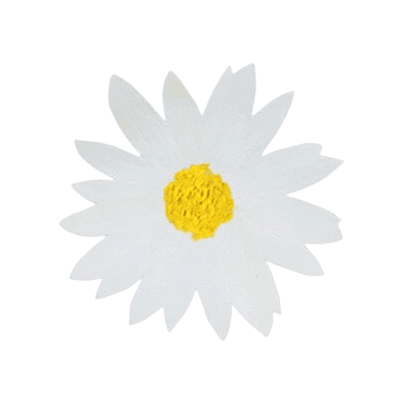Tuesday 27th September 2022
Organic Myths Busted - Part 3

Here is the last part of our Organic Myths Busted Series! Regenerative farming, organic clothing, and organic beauty products are today’s hot topics! Since our series are coming to an end, we’re giving a bonus myth- does buying organic really make a difference?
MYTH #7: Regenerative is the new organic
The other side of the story: “It’s not a question of pitting regenerative against organic. Regenerative Agriculture focuses on soil health above all else and it considers ruminant animals to be key to locking carbon in the soil. Organic is more holistic and is about not adding chemicals. We need both.” Sarah Mead, Head Gardener, Yeo Valley Organic Garden
“This speaks to the organic community needing to ask: ‘Does organic farming go far enough in 2022 and is it fit for the challenges that are to come in 2030 and beyond?’
‘Organic’, ‘Regenerative’, ‘Nature-Friendly Farming’ – whatever else comes along, I think organic farming always needs to be the baseline. Otherwise the risk is any company can be labelled ‘regenerative’ while only making small improvements from a very low starting point, which will not address the challenges we face. The Regenerative Organic Certification in the USA does this, farms are certified Organic and then Regenerative on top.” Riverford CEO, Rob Haward
MYTH #8: You can’t know if an organic cotton item of clothing is really organic
The other side of the story: “There is lots of confusing information about organic cotton out there. This is partly because there is a lack of global regulation in textiles (unlike with food). This means uncertified brands can make misleading organic claims – such as labelling a t-shirt ‘made with organic cotton’, when it may have very low levels of organic fibre in it.
If you want to ensure the t-shirt is made with the standards you expect an organic product to be made with then look for the Global Organic Textile Standard (GOTS) logo. GOTS is widely touted as a ‘Gold Standard’ when it comes to certification.” Soil Association Senior Business & Trade Development Manager, Lee Holdstock
MYTH #9: In beauty, if the label says organic, the product is organic
The other side of the story: “The beauty and wellbeing sector is also not regulated in the same way as food when it comes to the terms ‘organic’ and ‘natural’. This means that a product can be named ‘organic rosemary shampoo’ when the only truly organic ingredient is the rosemary essential oil. To be sure a product is truly organic or natural, you need to look for certification such as the Soil Association COSMOS logo.” Soil Association Business Development Manager for Organic Beauty, Wellbeing and Textiles, Sophie Robinson
MYTH #10: I’m too small to make a difference. What I buy doesn’t really matter.
The other side of the story: “Every sustainable choice you make will make a difference. Organic food still only accounts for 1.8% of the food market and yet it is already having much more impact than that. It has set in motion a chain reaction for other brands to do more good. The organic movement needs the people who put one or two organic products into their shopping baskets to put three or four and the impact will be huge.” Lee Holdstock
“What you buy matters more than you think. What you spend your money on supports businesses that have a positive impact or supports businesses that don’t have a positive impact. I believe that people and businesses have to act in every way they can because politicians don’t seem to be able to grasp the problems and lead in the way that they ought to. Short-term thinking continues to be an obstacle to making bolder, longer term political decisions.
Also, don’t underestimate the ripple effect. I’ve worked in organic food for 25 years and have seen how even a relatively small number of shoppers can have a big influence on what other companies do.” Rob Haward
“Saying I’m too small to make a difference is a cop out! Let me put my gardening hat on for a moment. If everyone stopped using slug pellets would that make a difference? Yes! In the meantime, doing anything is better than doing nothing. The moment we impose “all or nothing” limitations on ourselves, we’ve lost the battle. Do what you can and do it as often as you can.” Sarah Mead
If you enjoyed our Organic Myths Busted Series and you want to know more about organic, visit our Blog Page, where the learning never stops.










